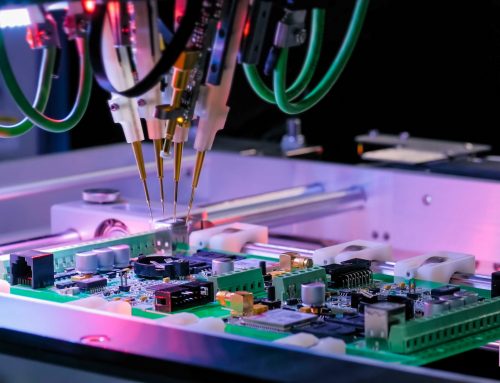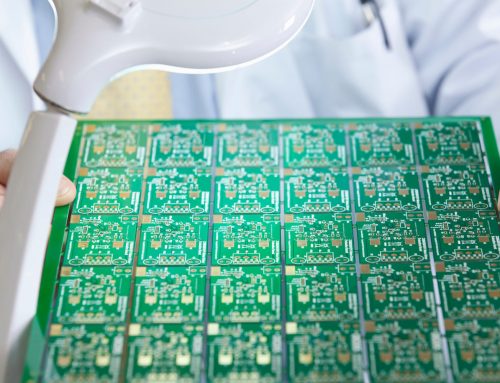Global warming is no longer a theory; it is an established fact.
According to a global climate report by the National Oceanic and Atmospheric Administration (NOAA), 2021 was the sixth-warmest year on record, reaching an average temperature across global surfaces of 0.84°C above the 20th-century level.
As a result, the Intergovernmental Panel on Climate Change (IPCC) has warned that urgent action is needed to deal with severe climate hazards. Many people are already experiencing the devastating impacts of climate change — from fatal floods in Pakistan to droughts in Spain in 2022 alone — and if governments are to limit further damage and save the lives of millions worldwide, we must act now.
One of the key focus areas of COP27, the international environmental conference being held in Egypt in November 2022, is the promise of innovation and clean technologies that can help deliver decarbonisation and limit global temperature increases to 1.5°C above pre-industrial levels.
So, how can modern technology help combat climate change, and what part must the electronics industry play in building a more sustainable future?
What role does technology play in fighting climate change?
Over the past 150 years, human activity has increased the concentration of greenhouse gases, trapping dangerous heat inside our atmosphere. So, companies are developing climate technology solutions that monitor, mitigate and respond to the impacts of global warming on our planet.
For example, response teams use drones to put out forest fires. Carbon capture usage and storage (CCUS) technologies seize waste carbon dioxide emissions before compressing and transporting them to be stored where they cannot harm the environment. Electric batteries are also gaining traction across various industries, facilitating more sustainable and flexible energy storage.
New tech and electronics are also being rolled out across the built environment to reduce carbon footprints. Buildings, which account for around 40% of global energy consumption, must be constructed or retrofitted with energy-efficient lighting, heating and ventilation systems. And as transport accounts for roughly a third of carbon emissions in the UK and Europe, the automotive industry is ramping up production of affordable electric vehicles ahead of the 2030 ban on new petrol and diesel cars.
Plus, consumer demand for ‘smart’ devices — from thermostats to virtual assistants — is booming, with everyday people seeking to automate and optimise their homes as more work remotely and the cost of utilities reaches new highs.
Many eco-friendly enhancements are made possible by the internet of things (IoT) — the network of sensors and devices connected to the internet. Whilst individuals and businesses embrace the latest gadgets, IoT sensors collect data and insights from their surroundings.
Equipped with this enhanced knowledge of human behaviour, energy waste, weather changes and more, technology companies continue to help people and organisations make eco-conscious decisions and support work preventing further environmental degradation.
How can electronics manufacturers do their part?
With the stakes of global warming so high, organisations, governments and the public have been calling for decisive action during this critical decade.
Many climate plans involve harnessing modern technology alongside nature-based solutions to tackle the crisis. So, electronics manufacturers must anticipate demand for new products and capabilities. Although more government policies and regulations are needed to support the development of sustainable electronics and encourage collective action against climate change, electronics developers can do their bit to accelerate this process.
To ensure electronics remain part of the solution and not the problem, product developers must prioritise durability, quality and sustainability to avoid decimating finite natural resources and contributing to toxic electronics waste. Manufacturers should also consider product affordability, efficiently managing supply chains and production costs to ensure climate technology becomes more affordable.
EC Electronics believes modern technology solutions have a significant role in the fight against climate change. With a wealth of specialist experience producing state-of-the-art components and printed circuit boards (PCBs) for a range of forward-thinking markets — from transportation to the IoT — we are proud to be at the forefront of positive change.
Whilst we operate as a global company (requiring travel and the movement of goods), we are actively working to improve our carbon footprint and meet our commitments as a sustainable electronics manufacturer.
Are you ready to take steps toward a greener future? To discuss our manufacturing services and how we can build sustainability into your next electronics project, contact our team at +44 (0)1256 461894 or email sales@ecelectronics.com.









